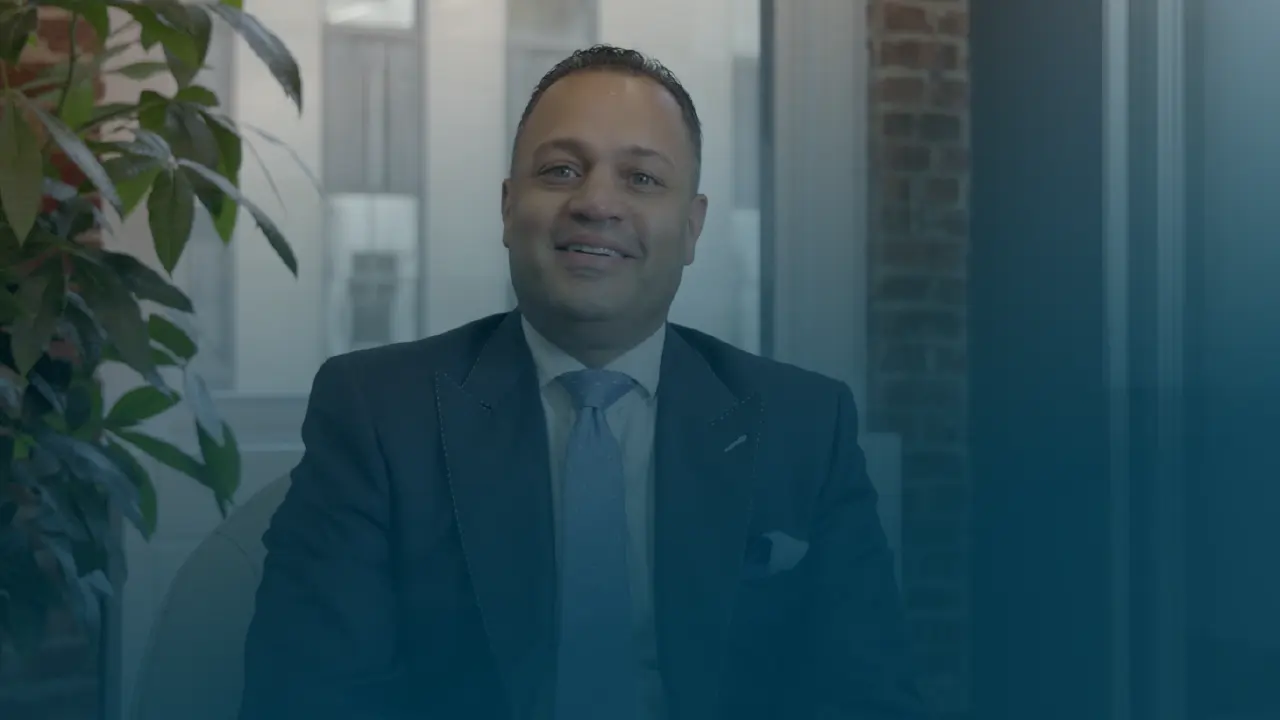News & Insights
Explore our library for the latest thought capital and insights regarding new regulations, hot topics, and key business and industry issues.
Featured Insights
Report
Explore insights from 1,000+ senior leaders of privately held companies spanning industry sectors across the nation...

Report
2025 Annual Real Estate Whitepaper

Report
2025 Manufacturing and Distribution Pulse Survey Report

E-Book
4 Ways to Strengthen Any Healthcare Company Right Now

Report
Private Equity Opportunity Report

E-Book
The Guide to Outsourcing Finance and Accounting for Real Estate

Featured Insights
Newsfeed
Explore Our Client-Centric Approach


The Power of Collaboration | Citrin Cooperman's Entrepreneurial Culture in Action

Fostering Legacy - Building Client Connections with Citrin Cooperman

Elevating Client Support with Citrin Cooperman

Cultivating Client Growth | Relationships, Objectives, Achieving Goals

From 100 to 2000: Citrin Cooperman’s Professional Services Evolution

Client Solutions Redefined | The Path to Collaborative Innovation

Citrin Cooperman's Transformational Sale Journey

Focused insights, On demand.
Our in focus resources provide insights with strategic and tactical business improvements while sharing the latest trends across the market.


